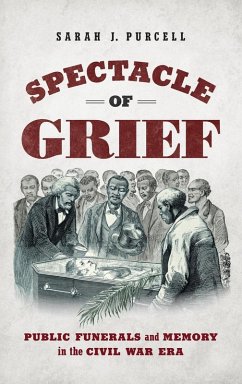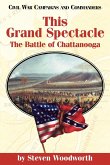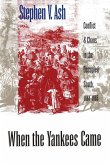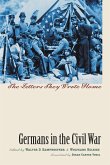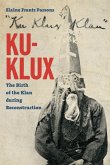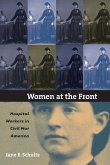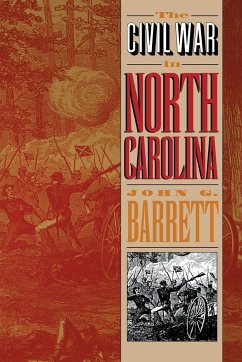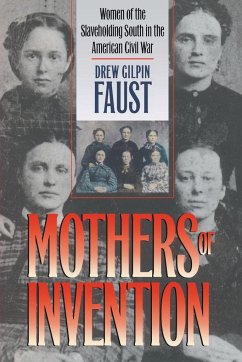This illuminating book examines how the public funerals of major figures from the Civil War era shaped public memories of the war and allowed a diverse set of people to contribute to changing American national identities. These funerals featured lengthy processions that sometimes crossed multiple state lines, burial ceremonies open to the public, and other cultural productions of commemoration such as oration and song. As Sarah J. Purcell reveals, Americans' participation in these funeral rites led to contemplation and contestation over the political and social meanings of the war and the roles played by the honored dead. Public mourning for military heroes, reformers, and politicians distilled political and social anxieties as the country coped with the aftermath of mass death and casualties. Purcell shows how large-scale funerals for figures such as Henry Clay and Thomas J. "Stonewall" Jackson set patterns for mourning culture and Civil War commemoration; after 1865, public funerals for figures such as Robert E. Lee, Charles Sumner, Frederick Douglass, and Winnie Davis elaborated on these patterns and fostered public debate about the meanings of the war, Reconstruction, race, and gender.
Hinweis: Dieser Artikel kann nur an eine deutsche Lieferadresse ausgeliefert werden.
Hinweis: Dieser Artikel kann nur an eine deutsche Lieferadresse ausgeliefert werden.

